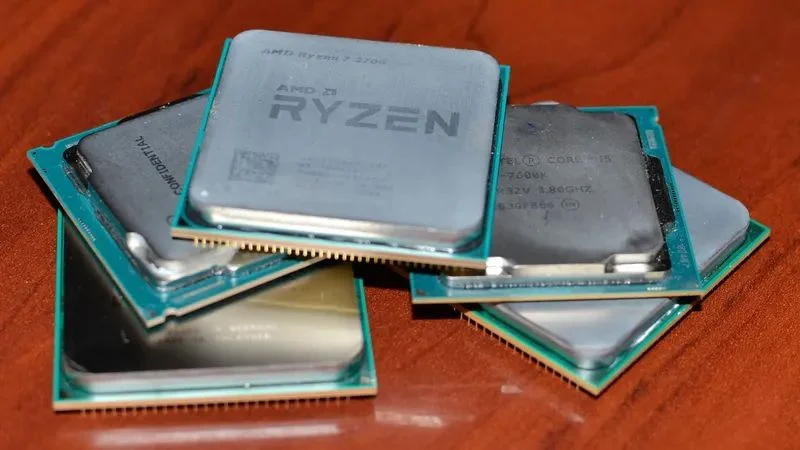Intel’s Sales Plans Could Hit AMD’s Stuck
Intel has been considering options for a sale or partnership due to financial difficulties it has experienced in recent years. However, the cross-licensing agreement with AMD could pose a serious obstacle to these plans. This agreement between the two companies allows both parties to use each other’s patents, but includes strict conditions such as termination of the agreement in the event of a change of ownership.
Cross-licensing Agreement Between AMD and Intel
The cross-licensing agreement between AMD and Intel covers the x86 processor architecture and its improved extensions (such as SSE, AVX). This agreement is vital for both companies to be able to develop modern processors. According to the agreement, if one of the parties changes ownership through a merger, sale or partnership, the agreement automatically ends and the parties must renegotiate.
This comes amid rumors that Broadcom is considering buying Intel’s product business. If Intel were to be sold to a company like Broadcom, AMD would have to agree to a new cross-licensing deal. However, Broadcom’s entry into the CPU market could mean greater competition for AMD, and it remains unclear how AMD will respond to this.
The end of the cross-licensing deal could negatively impact not only Intel but also AMD. Without this agreement, both companies would struggle to develop modern x86 processors. Furthermore, if Broadcom were to buy Intel, AMD would face a new competitor. If Broadcom were to create a platform equipped with both CPUs and AI processors, the competition for AMD would become even more fierce.





